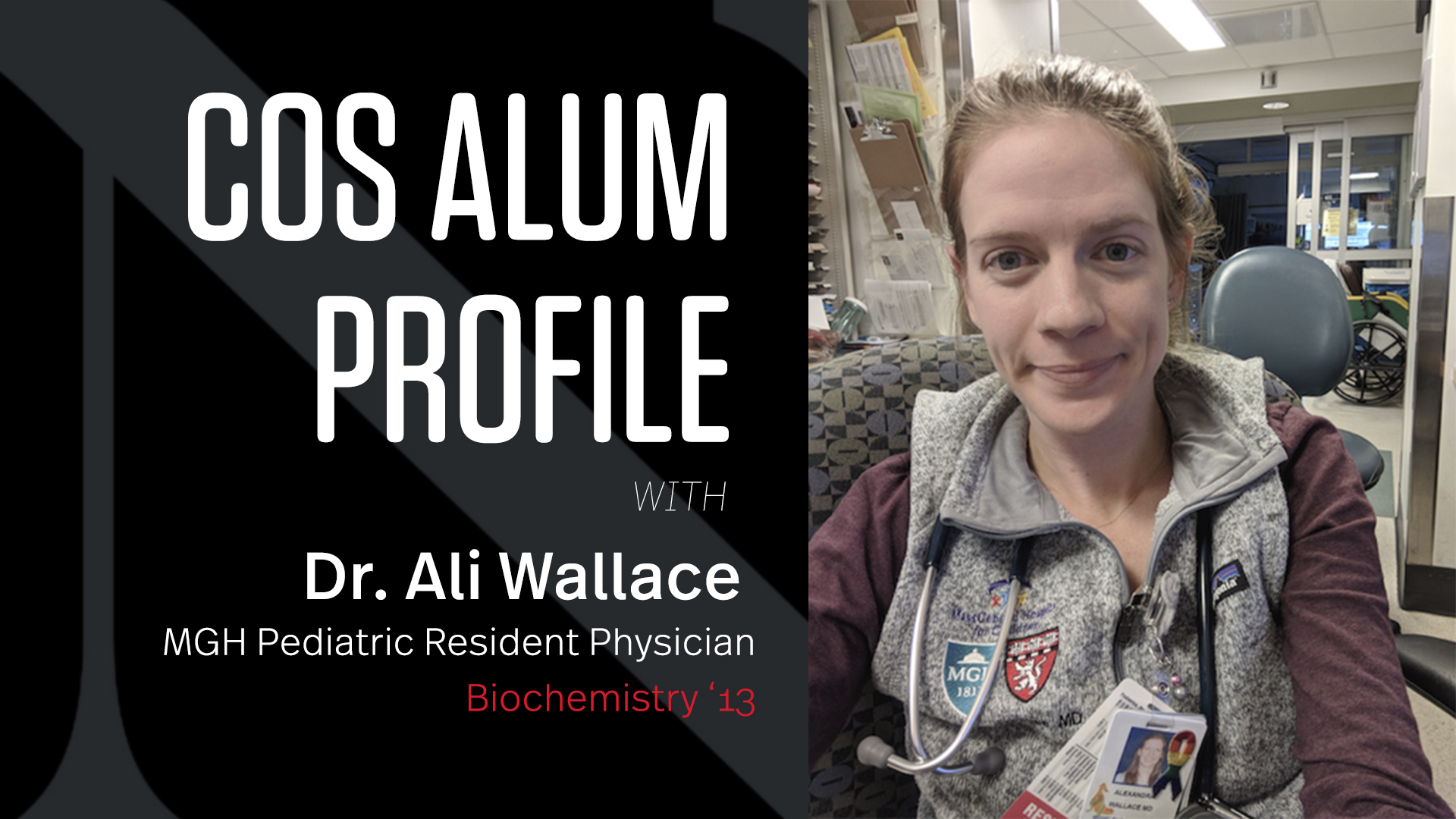COS News
News

A new report from a group of Northeastern researchers explores across disciplines how biotech can ensure safe, sustainable life beyond Earth.
The key to international space cooperation is developments in biotechnology, Northeastern researchers say
News

The NeuroPRISM lab, led by assistant psychology professor Stephanie Noble, makes tools that pave the way for reliable and reproducible neuroimaging of the brain.
Precise maps of the brain’s deepest corners are made possible through tools developed by these Northeastern researchers
Showing 149 results in Biology

On the Front Lines of COVID-19 with COS Alumna Dr. Ali Wallace
The Biochemistry '13 alumna took time out of her busy schedule to give us an on-the-ground look at COVID-19 preparations at MGH and to discuss her formative experience here at Northeastern.

Could Houses of the Future Be Made by Bacteria?
Imagine if we could grow a building the way coral polyps grow a reef, or if living cells in our clothes could break down sweat and body odor. It’s not science fiction, says associate professor Neel Joshi. It’s the future of scientific research.

Six Northeastern Professors Named to 2019 List of ‘Highly Cited Researchers’ Around the Globe
The 2019 Highly Cited Researchers list features has included six Northeastern researchers who rank in in the top 1 percent by citations in their fields between 2006 and 2016.

Food, Forests and Fisheries: A Journey In Conservation and Food
Student Caitlyn Ark journals about her dialogue of civilizations experience in Romania and Crete.

We Know Exercise Is Good for Your Skin. This Protein Mimics Those Effects in Mice.
Skin cells lose their ability to heal themselves with age. Northeastern biologist Justin Crane is testing how a new treatment to heal wounds in older mice can help researchers understand the mechanisms of healing human skin cells.